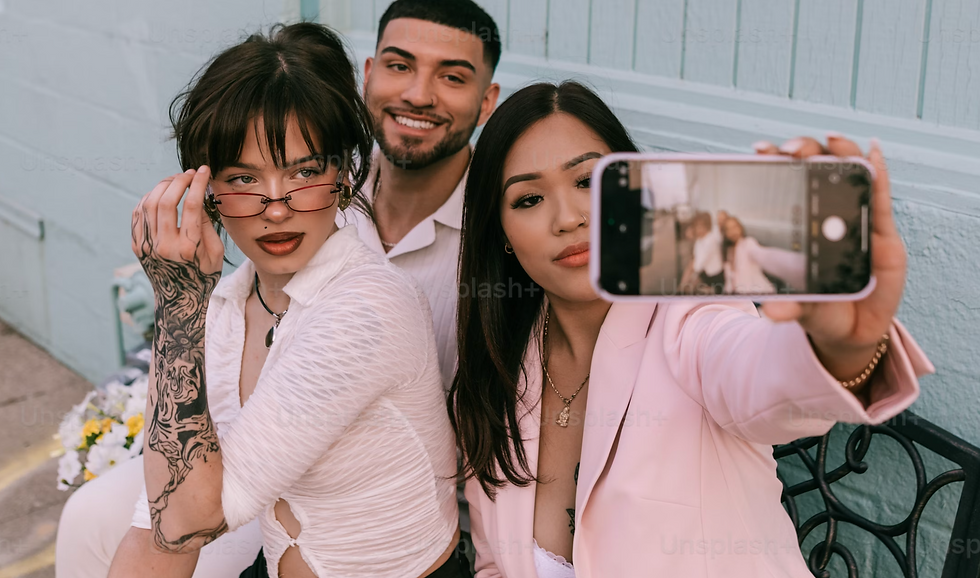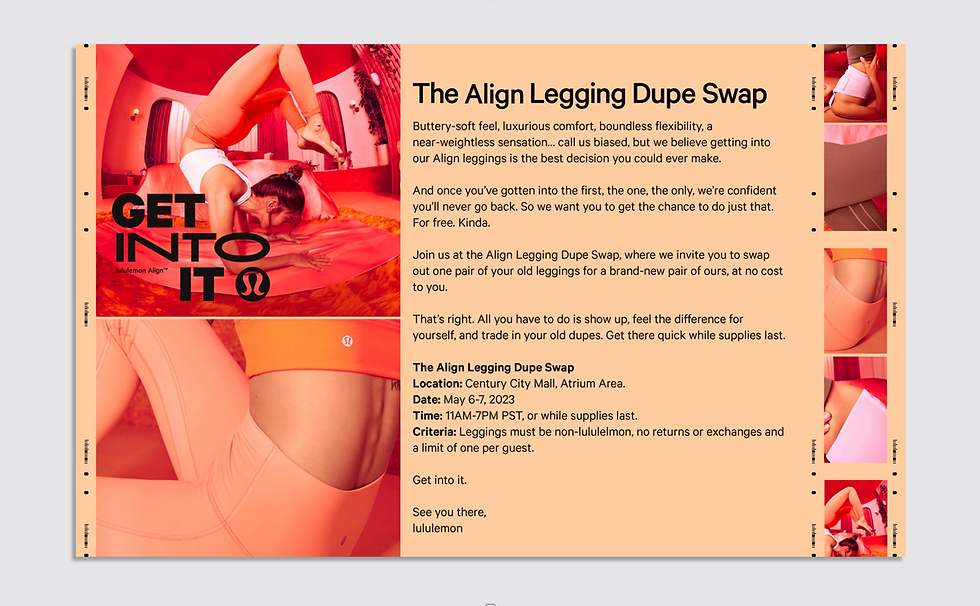
As a trend spotter for premium and luxury brands, a nascent trend – the dupe economy caught my eyeballs in recent years, which has come to form and consolidate itself among Gen Z globally. According to The Business of Fashion, over half of Gen Z consumers aged 13–25 in the US now believe it is acceptable to buy fakes as I peruse the most updated article on Luxury Future published by LS:N Global.
This trend transports me back to Xiangyang Fashion Market襄阳服装市场, which existed more than 20 years ago, with a notoriety for selling counterfeits of big luxury names like LV, Burberry, and Dior, as you can name of. Back then, I did not realize Xiangyang Fashion Market had a worldwide fanbase until I heard every expatriate colleague put it into their itinerary when they traveled to Shanghai. I have accompanied them, mostly from the US to splurge their dollars on fake products like 200 RMB for a Gucci or LV bag as gifts for their families and friends back home. Nobody was fooled since there was a huge difference between a bag for hundreds of RMB (even it was touted with a big international name like LV. ) and that of over 100,000 RMB. Nobody was shamed either. Everyone was hilariously joining the shopping extravaganza. and came out with 2-3 big suitcases full of shopping trophies.
I barely bought anything on Xiangyang Fashion Market as those quality fake products were not good enough for my own use. I was a self-claimed discerning consumer and was educated that there were levels of fake products or counterfeits for big names like LV. An A-level product for LV called A 货 was 80-90 % look like genuine ones with high quality and would be charged about a thousand RMB through a sales contact like Daigou 代购 today. However, I never purchased an A-level product either given that it was ostensions for an entry-level employee like me in an international marketing agency where the clients and bosses carried the real ones.
But I did buy fake products in fashion and accessories, which were ripped off with labels. Nobody would notice or care about it as I said to myself. At least, I did not care about it. As a youngster in my 20s, I held an attitude of “I don’t care” about lots of things in my life which included big logos and names. I loved their design which suited my self-expressive individuality. I was totally acceptive of them.
Price was a big issue too. I was proud of owning them within my affordability. Back then, my favorite was a fake Marc Jacobs coat I bought for 400RMB. I wore it wherever I went except for formal business meetings.
Through the salesperson’s consistent touting and educating, my knowledge about brands and designers was accumulated like a snowball. I was aware of luxury/ premium brand names as well as designers and their eponymous brands from Europe. The dupe economy has transformed “a country girl 外地女孩” into a cosmopolitan girl, at least on the brand mindset.

I wore my fake Marc Jacobs coat in 2006.
Today, I feel much related when the dupe economy returns and Gen Z starts to embrace fake products globally. Generations evolve, but the consumption patterns stay more or less as the previous generations. Mostly, it is the renewed consumption pattern as an embodiment of individuality expression, personality extension, and a gesture of rebellion for the younger generation. Price as well, plays an important role that cannot be unnoticed. Compared with the previous generation, today’s Gen Z is digitally and globally savvy when it comes to spotting the bargain for the best design and quality products online or in second-hand stores around the globe no matter whether they are real or fake or recycled.
Dupe economy seems detrimental to luxury and premium brands by degrading the exclusive and impeccable brand experience that an authentic luxury product can offer. But in the long term, it is beneficial for building brand awareness and accessibility at a level that mass consumers, especially our Gen Z can accept. Dupe economy indeed largely boosted awareness for the luxury brands (which should invest large sums of money doing this) and gave free education lessons to future consumers who will afford the authentic ones as the individual wealth is accumulated later.
Some savvy luxury and premium brands even grabbed this trend and turned it into an optimal strategy to attract new consumers and consolidate their brand status. According to Fast Company, “Lululemon hosted a “Dupe Swap” at its store in Los Angeles’s Century City Mall, encouraging customers to bring in their knockoffs of its incredibly popular Align pants to trade in for the original.”

[Image: Lululemon]
For Luluemon, it is perceived as “a very fun way to step into a culture conversation” as quoted by their chief brand officer Nikki Neuburger.
This is a highly applauded gesture to Gen Z, our future consumers. And it should become a high note for other aspirational brands to take also.
Comments